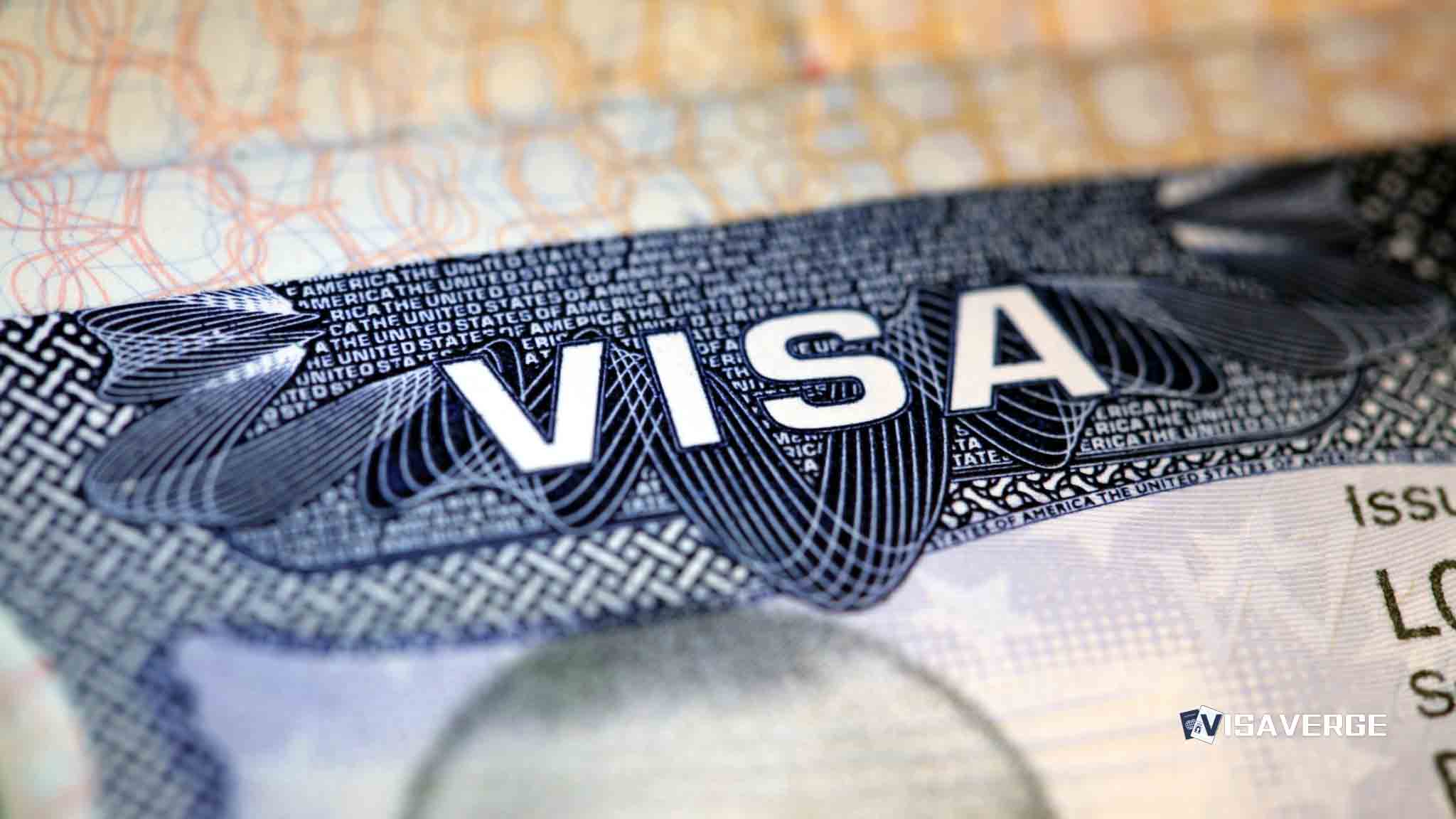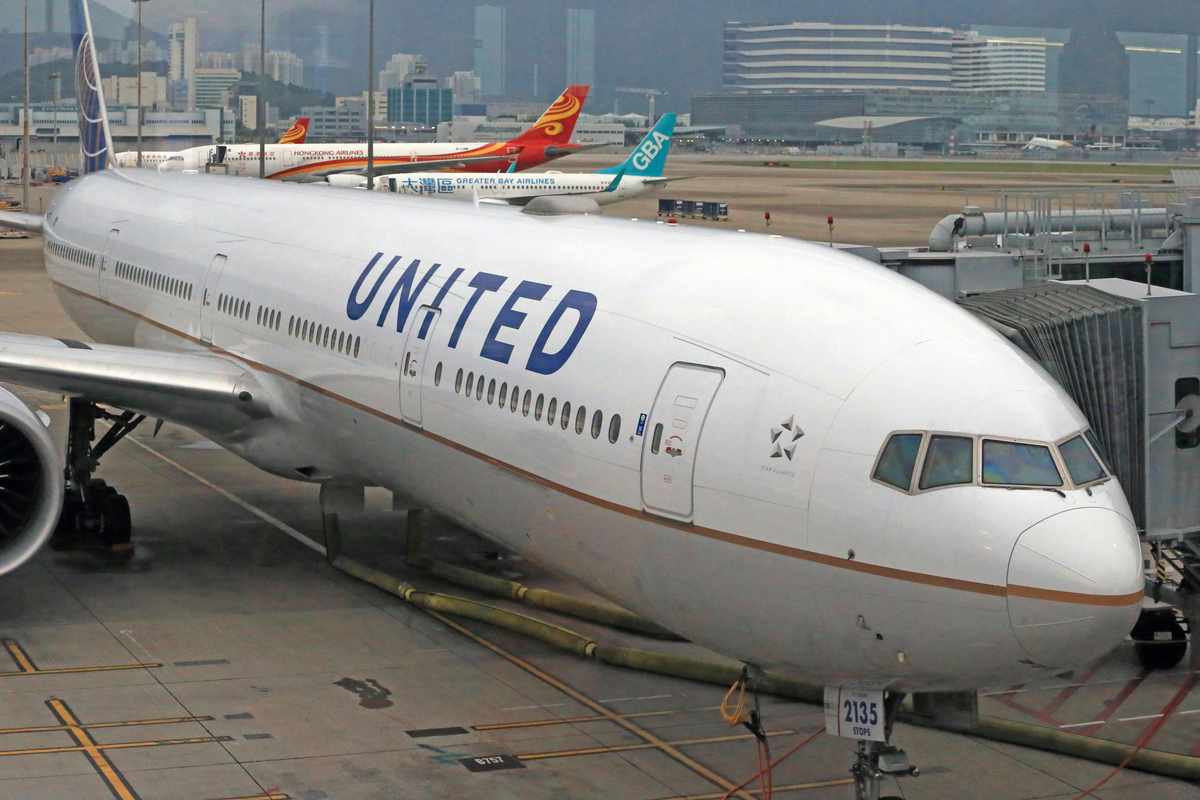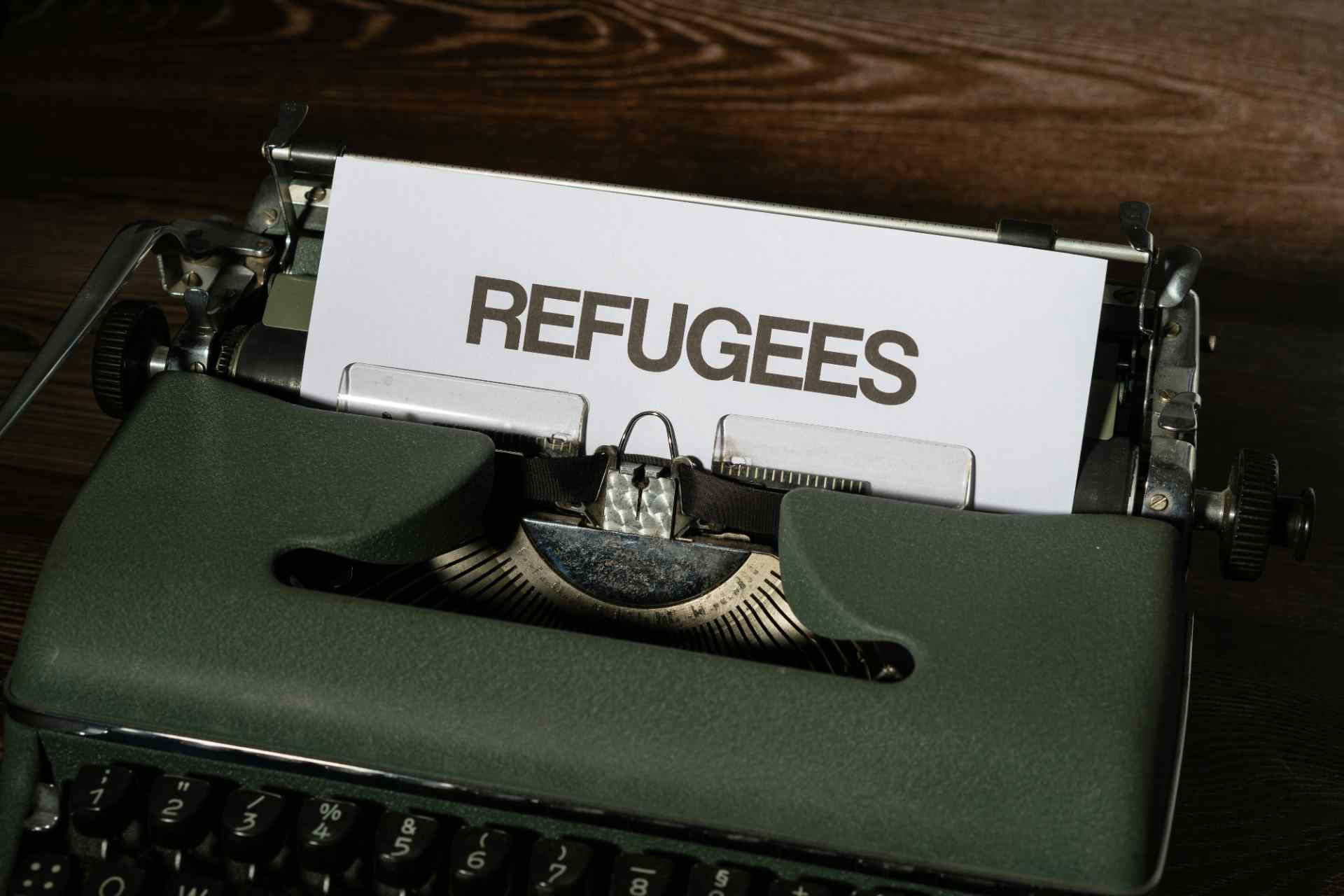(DUBAI) Dubai’s Citizenship and Residency Court has imposed fines totaling Dh152.24 million and ordered the deportation of 161 individuals after finding them guilty in a large-scale residency visa fraud case that involved illegal trading of residency permits and sponsorship violations. Authorities said the network sold visas under the cover of businesses and then closed those firms without fixing the legal status of the employees they had sponsored.
The ruling, active as of September 26, 2025, is among the city’s largest judgments for immigration and labor offenses.

What investigators found
Investigators determined the group:
- Issued and sold residency permits outside legal channels for personal profit.
- Created businesses as covers to issue visas, then closed companies without settling the visa or work status of sponsored employees.
- Used illegal methods to issue permits and evade responsibility.
The court ordered that all 161 defendants will be deported after paying the fines, a decision intended to deter further abuse of the sponsorship system and protect the integrity of Dubai’s residency framework.
Officials framed the case as part of wider enforcement against residency visa fraud, fake sponsorships, and unlawful hiring. Visa trading and misuse of permits, they say, threaten both the rule of law and worker safety.
Scale of the case and recent rulings
- Total fines: Dh152.24 million (about USD 41.48 million) — one of Dubai’s most extensive immigration and labor judgments.
- Date active: September 26, 2025.
- Related prior ruling (June 2025): 21 defendants fined Dh25.2 million for a similar scheme that used 33 fake companies to issue 385 residency visas before dissolving operations.
According to analysis by VisaVerge.com, these rulings indicate a coordinated push to protect the labor market and block the sale of visas through sham companies. The recurring pattern is:
- Set up a company.
- Misuse the sponsorship system to issue visas.
- Close the business to avoid responsibility.
The court’s response has been consistent: heavy fines paired with deportation orders.
Legal basis and penalties
- Actions rely on long-standing federal rules, notably UAE Federal Law No. 6 of 1973 and related regulations that set penalties for visa fraud (fines, imprisonment, deportation).
- Since November 2024, rule changes allow fines ranging from Dh100,000 to Dh1 million for companies that employ foreigners without valid visas.
- The court did not disclose a detailed breakdown of fines in this latest case, but the total and deportation orders reflect a tougher stance on abusive sponsorship practices.
Implications for sponsors, businesses and workers
Sponsors and business owners
- Sponsors bear direct responsibility for people they bring to the country.
- Closing a company without clearing visa obligations or profiting from residency channels can lead to massive fines and deportation.
- The duty to settle visa and labor status persists even if a business shuts down.
Workers and migrants
- Individuals recruited through illegal visa schemes face high risk: loss of legal status, job loss, and deportation.
- Residency obtained through illicit means is fragile and can collapse rapidly when exposed.
- Workers can be left unable to transfer to new employers, unable to exit without penalties, or unsure how to restore status.
Regulators and legal observers
- Expect more audits and tighter checks on company sponsorship practices.
- The ruling may encourage further legal steps to improve compliance and accountability across the residency-visa ecosystem.
The court emphasized two main violations in the latest case: selling residency permits outside legal channels, and shutting down firms without fixing the visa or work status of sponsored employees. These acts leave real people stranded and undermine trust in the system.
Enforcement trend and deterrence
From an enforcement perspective, the recent cases show a clear trend toward stricter penalties for residency visa fraud. Key points:
- Dubai will continue to pursue those who build fake firms to sell visas.
- Sponsors cannot avoid obligations by dissolving companies.
- Pairing fines with deportation ensures penalties are collected while removing offenders from the system and reducing the chance of repeat offenses.
VisaVerge.com and authorities say the public handling and scale of these cases are meant to dissuade would-be offenders from treating Dubai’s sponsorship system as a business model.
Where to find official guidance
For official rules on residency services and sponsorship requirements, the UAE’s Federal Authority for Identity, Citizenship, Customs & Port Security provides guidance through its online services portal. Readers can review current residency services on the ICP website via the government’s page on issuance of residency permits.
Current status and final message
- As of September 26, 2025, the court’s verdict and fines remain in force, with deportation contingent on payment.
- Authorities say the crackdown will continue, with further legal action likely where similar violations occur.
The message is direct: Dubai will not accept profits made from illegal sponsorships or the sale of residency permits. When companies use the system to issue visas and then close, they face severe consequences. Individuals who buy or sell status outside legal channels risk loss of funds, loss of freedom, and deportation.
This Article in a Nutshell
Dubai’s Citizenship and Residency Court fined 161 defendants a total of Dh152.24 million and ordered their deportation for participation in a large-scale residency visa fraud scheme. Investigators found that perpetrators set up cover companies to issue and sell residency permits outside legal channels, then closed those firms without regularizing the visa or employment status of sponsored workers. The ruling, effective September 26, 2025, ranks among Dubai’s largest immigration and labor judgments and follows a related June 2025 case involving 21 defendants and Dh25.2 million in fines. Authorities say heavier fines and deportations aim to deter sham sponsorship, protect workers, and strengthen compliance with UAE immigration laws, including provisions under UAE Federal Law No. 6 of 1973 and recent penalties introduced since November 2024. The decision signals more audits and stricter enforcement of sponsorship obligations, and warns sponsors and workers of serious legal and practical consequences for involvement in illicit visa trading.








